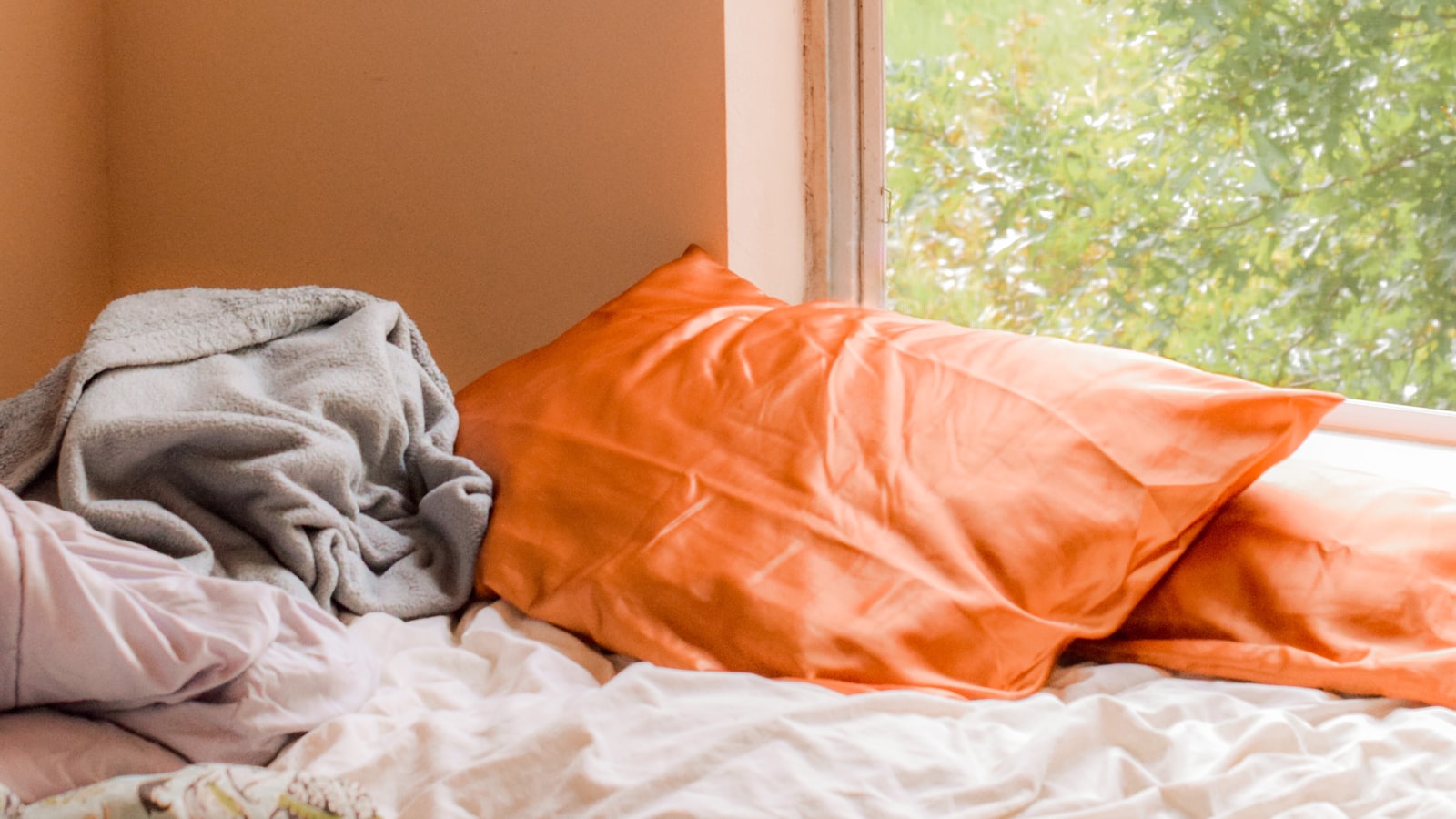Sleep plays an important role in our health and well-being, but many people don't get enough of it. Not only do sleepless nights make you feel bad the next day, but they also affect your health, and it's important to improve your sleep habits to combat this. In this article, we'll give you some sleep habits advice to help you get a good night's sleep.
1. Create an environment to improve the quality of your sleep
Your sleeping environment is very important for a good night's sleep. The first thing to consider is the lighting in your bedroom. Your bedroom should be dark and quiet to help you fall asleep quickly. It's a good idea to use curtains or blinds to price in the long run.
The second thing to consider is the temperature. The temperature at which you sleep best varies from person to person, but most people sleep better in relatively cooler temperatures, so it's important to get the temperature of your bedroom just right.
The final area to consider is your bed and pillows. A comfortable bed and pillows will help improve the quality of your sleep. You should choose your mattress and pillows based on your own comfort level. Clean and comfortable duvets and pillow covers are also very important.
2. Keep your sleep time consistent
Keeping your sleep time consistent is one of the most important habits for a good night's sleep. Our systems want a consistent sleep rhythm, so it's important to go to sleep at the same time every day. As much as possible, you should try to wake up at the same time in the morning and go to sleep at the same time in the evening. To do this, it's important to set appropriate sleep times that take into account your schedule, such as work or school.
3. Control your pre-sleep activities
Pre-sleep activity has a huge impact on the quality of our sleep. You should regulate your activities before bed to help you fall asleep faster. First, you should avoid caffeine and tobacco consumption. Caffeine acts as a stimulant and can interfere with sleep, and cigarettes can reduce sleep quality due to nicotine.
Second, you should limit the use of smartphones and computers. Blue light can confuse our systems, so it's a good idea to limit screen time 1-2 hours before sleep. Instead, opt for a calming activity like reading a book or meditating.
4. Make lifestyle changes
Your lifestyle has a huge impact on your sleep quality. Regular exercise is a healthy, restorative habit. However, exercising right before sleep can actually disrupt your sleep, so it's better to finish your workout before a certain amount of time and then rest.
Food intake also affects sleep. You should be careful not to consume rough food or alcohol before going to bed. Eating light snacks and drinking tea are great ways to help you sleep.
5. Manage your stress
Stress is one of the biggest factors that can disrupt your sleep. Managing stress and accumulating it effectively is an important factor for a good night's sleep. Make it a part of your daily routine by engaging in physical activity or mindfulness activities like meditation and yoga. Maintaining a calm mind through stress management will help you fall asleep better.

Sleepless nights affect your health and well-being, so it's important to take control of your sleep habits. Improving the quality of your sleep, maintaining your sleep duration, controlling your pre-sleep activities, improving your lifestyle, and managing stress are the keys to a good night's sleep. Follow these tips and you'll be well on your way to a healthy, restful night's sleep.
